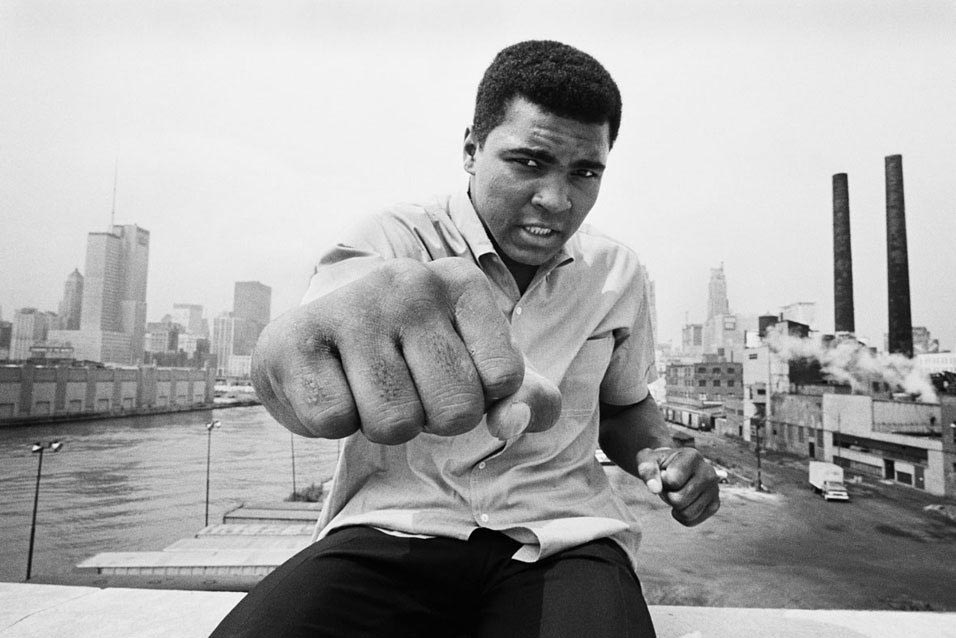
By Jacob Barkan |
Professional athletes have often used their social power and influence to support political causes or protest against power structures. However, the organizations that these athletes work for consistently punish them for being socially active. While Colin Kaepernick is the most recent example of an athlete who was punished for standing up for his beliefs, he is part of a historical trend where athletes’ careers suffer due to their activism.
Kaepernick, the unsigned former 49ers player, has not received an opportunity to play since the 2016 season when he began kneeling for the national anthem. Kaepernick’s most vehement critics say that he remains unsigned because of his lack of success in 2016, having a remarkably poor 1-10 record in games he started. Despite the team’s lack of success, Kaepernick threw for 2,241 passing yards at a 59.2% completion rate, as well as 16 touchdowns with only 4 interceptions. These statistics are certainly on par with the average to below average NFL quarterback, but due to his activism, Kaepernick has been unable to land even a backup role for any NFL team.
Likewise, Muhammad Ali had his boxing career suspended for over three years due to his refusal to serve in the Vietnam war. At the point in Ali’s career of his refusal, he was undefeated (29-0), and was the consensus greatest boxer in the world. He became a conscientious objector to fighting in the war, explaining that “my conscience won’t let me go shoot my brother, or some darker people, or some poor hungry people in the mud for big powerful America.” Ali’s critics claimed that his decision not to serve was unpatriotic, yet Ali sacrificed his prime boxing years to fight for what he believed was in the best interest of America.
Similarly to Ali and Kaepernick, a talented Dodgers’ prospect by the name of Glenn Burke had his career destroyed by Dodgers’ management because he opposed what he perceived to be the organization’s homophobia. Burke proved to be valuable as both a young hitter and runner, hitting for an .877 OPS with 20 stolen bases playing AAA baseball. After being called up to the Dodgers, Burke befriended manager Tommy Lasorda’s gay son, infuriating the manager. The Dodgers’ GM offered Burke an extravagant honeymoon if Burke agreed to marry a woman. Burke refused this offer and was later traded to Oakland in exchange for Billy North. While the organization claimed the trade was to help the team “win now,” North failed to hit a home run in the ensuing 110 games he played with the Dodgers. The Dodgers’ trading of Burke was another example of an activist athlete being punished for their actions.
Athletes are widely criticized in the media for their activism, being told to “shut up and dribble.” All of these athletes were willing to consciously sacrifice their careers for their beliefs. In the future, let us not be fooled — when socially conscious athletes are punished, it is often a result of their stance against a power structure, not their inferior athletic performance.
Jacob Barkan is a junior in high school at Phillips Academy, a boarding school in Andover, Massachusetts. He is a huge Boston sports fan and has closely followed professional sports for many years.